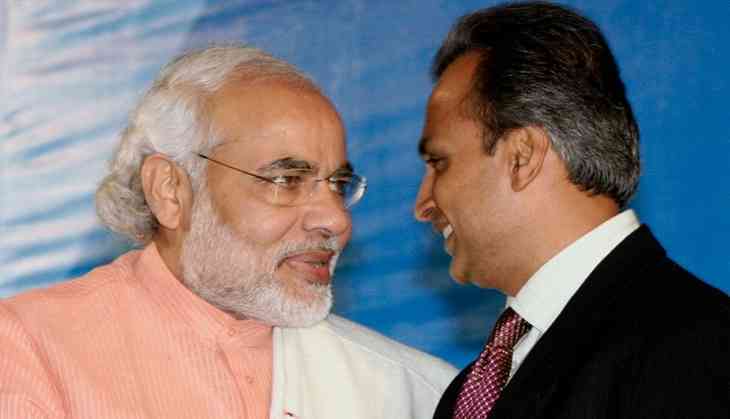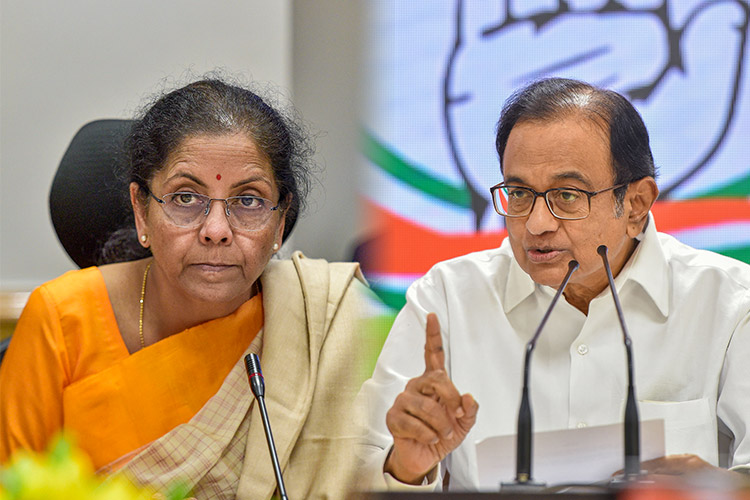The Reserve Bank of India needs to be independent to improve the macroeconomic stability, and policies need to be rule-based, the deputy governor Viral Acharya said on Friday.
“To secure greater financial and macroeconomic stability, these efforts need to be extended to effective independence for the Reserve Bank in its regulatory and supervisory powers over public sector banks,” Acharya said in a speech.
Acharya’s comments come on the back of government efforts to carve out regulatory powers related to payments and create a separate regulator. Government officials have also been calling for the RBI to relax lending restrictions for some banks that have a low capital base.
“This theme is certainly one of great sensitivity but I contend it is of even greater importance to our economic prospects. I earnestly hope that I have done some justice to his immortal legacy to independent economic discourse and policy-making,” he said.
The RBI has made good progress in earning its independence, most notably in the monetary policy framework (changes wherein, along with the Insolvency and Bankruptcy Code and the Goods and Services Tax, were considered as crucial structural reforms by Moody’s in upgrading India’s sovereign rating eleven months back), Acharya added.
“Such endeavour would be a true inclusive reform for the Indian economy’s future. Thankfully, it is only a matter of making the right choices, which I believe as a society we can with adequately thoughtful “what-if” analysis; I have sketched a scenario, which several parts of the world are presently witnessing, of great risk to nations from undermining the independence of their central banks,” he said.
As many parts of the world today await greater government respect for central bank independence, independent central bankers will remain undeterred, Acharya said, adding that governments that do not respect central bank independence will sooner or later incur the wrath of financial markets, ignite economic fire, and come to rue the day they undermined an important regulatory institution
their wiser counterparts who invest in central bank independence will enjoy lower costs of borrowing, the love of international investors, and longer life span he added









